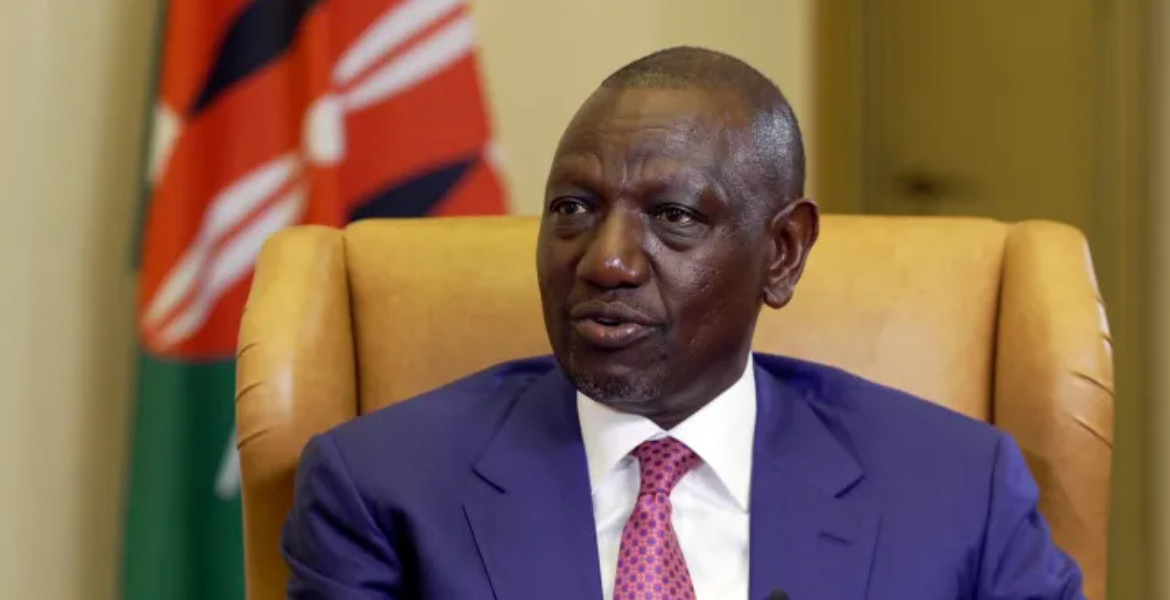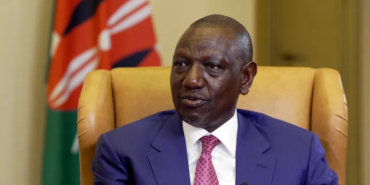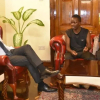Ruto Stands by Order to Shoot Protesters in the Legs

Kenya’s President William Ruto has defended his directive for police to shoot protesters in the legs during demonstrations last year, saying he does not regret the instruction.
In an interview with Al Jazeera, Ruto insisted that his comments were lawful, stating: “I do not regret those comments at all because the law allows police to use force when other people’s lives are in danger.”
He added that police officers are trained to act independently in dangerous situations and that his administration has protected their autonomy. The interviewer questioned whether Ruto’s remarks undermined police independence, noting that the use of live ammunition is generally discouraged in crowd-control situations.
Ruto maintained that no law allows him to give direct commands to police officers but defended his previous call for officers to incapacitate those accused of property destruction. The controversy dates back to July 2024, when Ruto instructed police to target demonstrators who attacked businesses, saying:
“Anyone caught burning another person’s business or property should be shot in the leg, hospitalised, and later taken to court. Do not kill them, but ensure their legs are broken.”
These remarks came amid protests against a proposed finance Bill, which had expanded into wider calls for reform and Ruto’s resignation. Although the government later withdrew the Bill and Ruto reshuffled most of his Cabinet, allegations of excessive force have continued.
Opposition figures, including former deputy president Rigathi Gachagua, accused the administration of sponsoring violence, while Ruto’s supporters claimed Gachagua was funding the protests, a charge he denied. Human rights organisations have repeatedly criticised the government, warning that ambiguous statements from the presidency could normalise live fire against civilians.








Add new comment